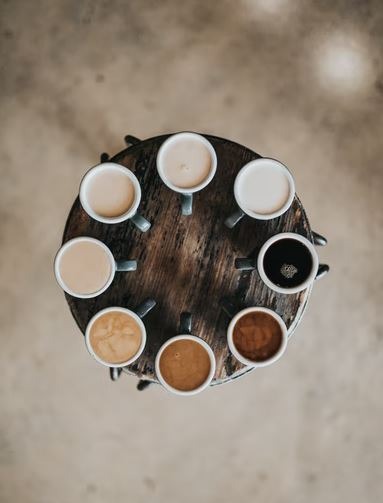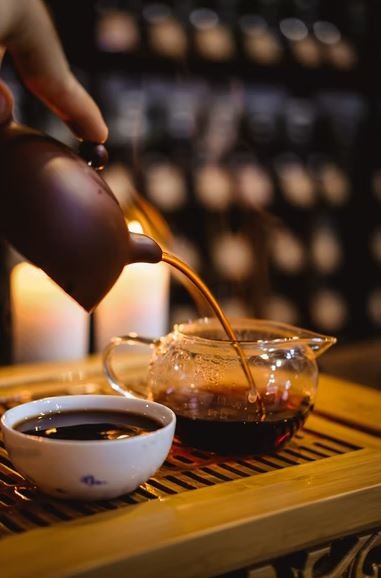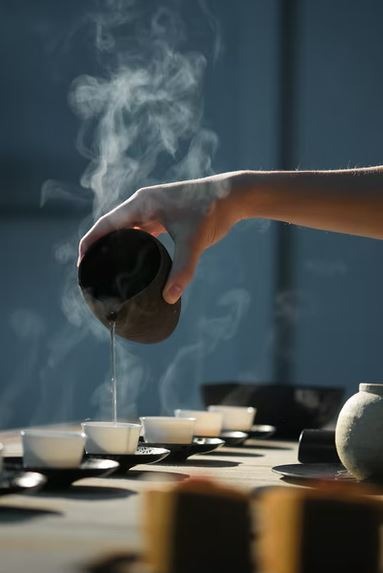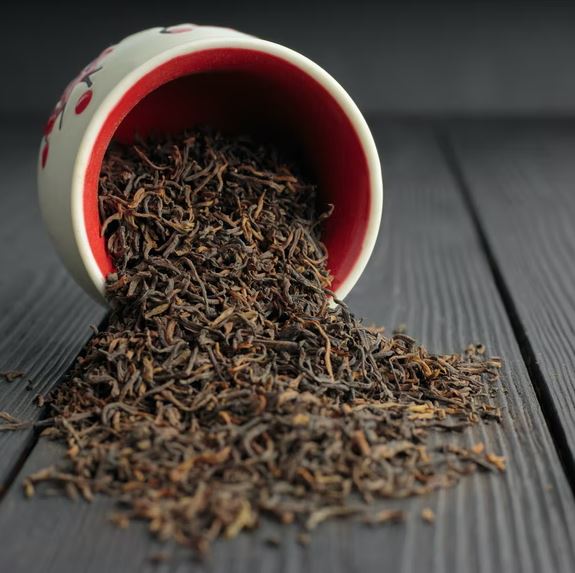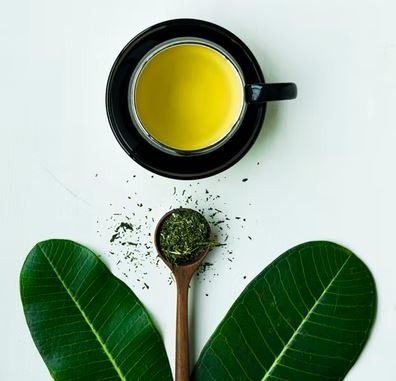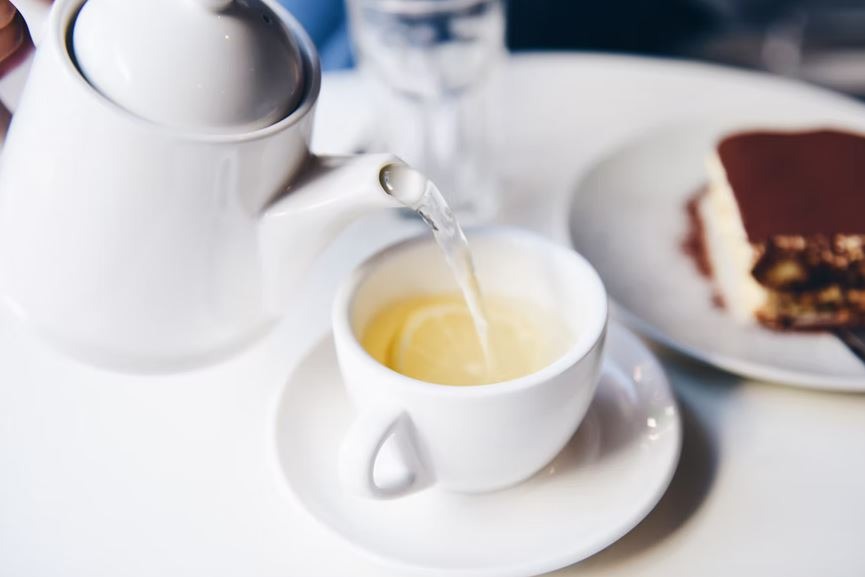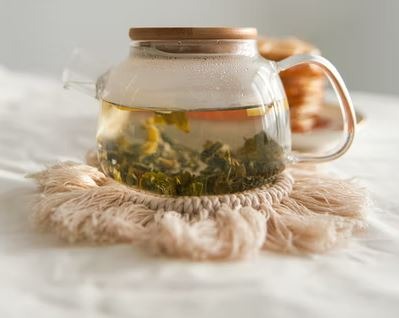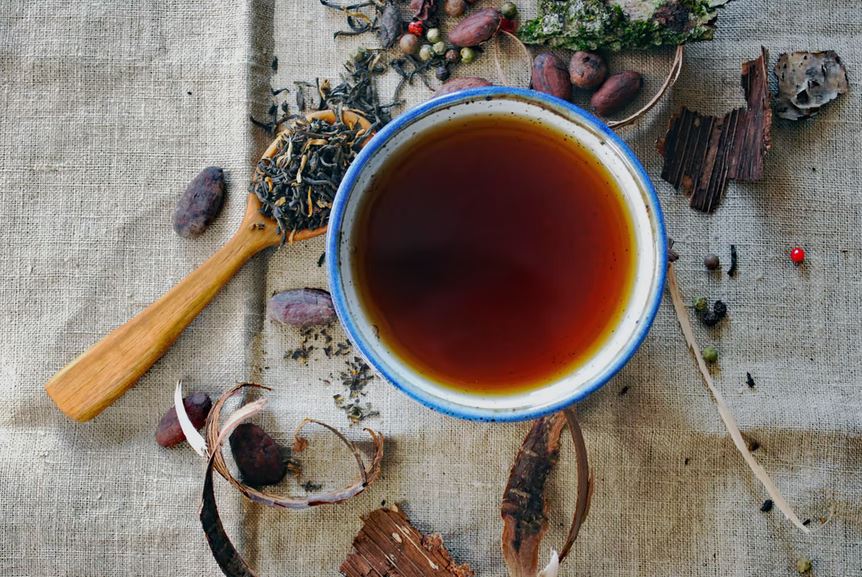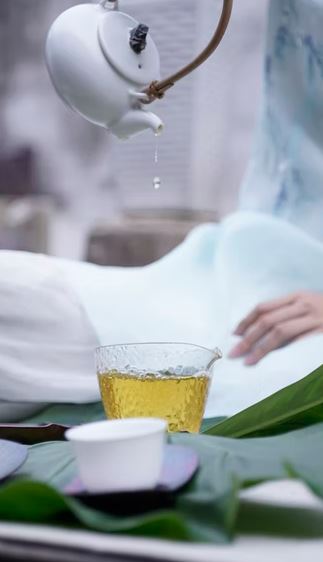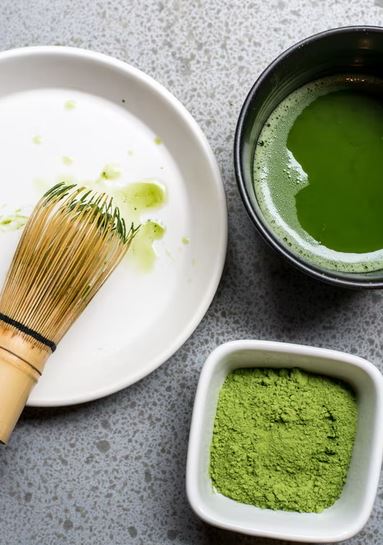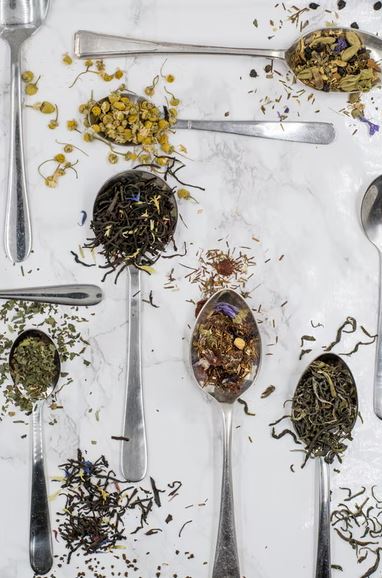When you drink tea, you are probably not thinking about the caffeine content in your cup. Most people reach for coffee if they want caffeine. However, teas have caffeine in them too. This caffeine content depends on various different factors, such as the maturity of the tea, the harvest season, and even the processing that takes place after the harvest.
Other than having caffeine, which can make you alert, tea has several other benefits as well. It can help reduce the risk of heart disease, promote weight loss and protect your bones. Therefore, despite the caffeine content, tea is healthy if not over-consumed.
Overconsumption of tea, and therefore caffeine, can cause some serious issues, such as insomnia, increased anxiety, and so on. To avoid side effects, it is smart to look at the caffeine content of the teas you drink so that you can keep yourself in check. Read ahead to find out how much caffeine is in which kind of tea.
How is caffeine in tea different from the caffeine in coffee
Tea and coffee are two of the most common sources from where people get their caffeine fix. However, the effect of caffeine is quite different in both drinks.
The stimulating effect that coffee provides is often described as jittery. Whereas tea is described as mellow and energizing. From this, we can postulate that tea provides more steady energy as compared to coffee, which gives an energy high that is followed by a crash.
The caffeine present in tea is sustainable and does not release its energy altogether. The caffeine found in tea is bound to catechins, and both combined form a larger compound. Because of its size, this compound takes larger to break down and therefore metabolize compared to uncombined caffeine. As a result, caffeine is released in small doses over 4 to 6 hours. Thus, it does not get the chance to cause the usual spikes, jitters, and crashes that the caffeine in coffee usually causes.
Tea also contains a calming amino acid called l-theanine. It is a naturally occurring compound that can help you feel relaxed. It reduces the effects of stress and can help lower the heart rate and overall calm the nervous system. Due to this compound, many tea drinkers claim to feel relaxed after they have has a cup of tea.
Caffeine in different types of teas
Dry tea leaves are surprisingly higher in caffeine as compared to coffee beans. However, their preparation method changes the amount of caffeine in the end product. Prepared tea mostly has less caffeine as compared to coffee. The difference is also due to the amount of coffee or tea used to prepare a cup. Only 2 to 3 grams of tea are used per cup. On the other hand, 10 to 14 grams of coffee are used to make one cup.
Let us take a deeper look into how much caffeine is present in each kind of tea.
Black tea
Black tea is the most common type of coffee consumed. One big cup of black tea has as much caffeine as coffee. Some popular variations of black tea include Earl Grey and English breakfast tea.
A cup of black tea can have around 30 grams to 100 grams of caffeine per cup. This caffeine level is due to the way it is prepared. An estimated 2 to 3 grams of tea is used in 200ml of water. If you want a higher caffeine content, try brewing your tea using tea leaves instead. This method increases caffeine extraction. The time and temperature are essential when you want your tea to have more or less caffeine. The more you brew black tea at high temperatures, the higher the caffeine content will be.
Due to the high amount of caffeine in black tea, you should monitor your consumption and consumption patterns. When consumed before bed, it can cause insomnia and other issues.
Green tea
Green tea is another popular kind of tea that is often associated with weight loss. According to research, green tea has a wide range of caffeine content. A single cup of green tea can have anywhere from around 44mg of caffeine up to 81 grams of caffeine. Therefore caffeine has a mid-range caffeine content that is less than black tea but definitely more than others.
After the green tea leaves are picked, they are left to wither a bit, and then this oxidation process is stopped by heating up the leaves. When heated, it is then brewed at a lower temperature. Due to the low temperature, not a lot of caffeine is released. Thus green tea has lower caffeine content.
Green tea is essentially a stimulant, but it is a gentler source when compared to others. Because of this property, you can use green tea as a source of caffeine if you are trying to reduce your intake yet not cut it out entirely. Green tea is the perfect drink for that.
White tea
The caffeine content of white tea can vary greatly. It depends both on the variety and how it is brewed. Study shows that white tea can have around 30 to 90mg of caffeine per cup. These numbers compared to others show that white tea has the least amount of caffeine out of all the teas. Furthermore, it is considered the most delicate tea variety because it is the least processed out of them all.
Known for its floral yet fruity aroma, white tea has a light flavor to it. This flavor and aroma can be down to the high levels of EGCC and polyphenol antioxidants.
Herbal tea
Herbal teas do not contain any caffeine at all. This is because teas like chamomile, ginger, and peppermint all come from the dried flowers, leaves, and seeds instead of the camellia sinesis plant. This makes these teas perfect to be drunk a night.
The process of making herbal teas does not include any processing. However, when you buy herbal teas from brands, chances are that it does have some caffeine. In that case, you should be careful to not drink these teas at night as they may prevent you from falling asleep.
Oolong tea
Oolong tea is a traditional Chinese tea, when compared to other teas, has a more diverse flavor, body and complexity. The caffeine content of this kind of tea varies from around 37 milligrams to 55 milligrams in an eight-ounce serving.
Oolong tea is usually made using more mature leaves as compared to other teas on this list. Sometimes even full branches are used to make them. Most of these are roasted and baked for the tea to have the signature taste and mouthfeel.
Oolong tea is best consumed in moderation. It is recommended that you do not consume more than four teacups per day. However, if you exceed the limit, you may have to deal with several side effects, including headaches, sleep problems, dizziness, etc.
Yellow tea
Yellow tea is a rarer kind of tea that goes through an oxidation process that is comparatively longer than other teas. Additionally, it also has a slower drying period. Its appearance and flavor are nearer to green tea, and it contains around 32milligrams of caffeine in an 8-ounce cup.
Matcha Tea
Matcha is probably the most high-caffeine tea out of all the teas. It is estimated that one cup of matcha has a total of 75 to 130 milligrams of caffeine. Additionally, it also has around 130mg of l-theanine.
When drinking matcha tea, the entire tea leaf is used. The tea leaves are finely ground before drinking. Therefore, you are essentially drinking 100% of the caffeine, antioxidants, and theanine present in matcha.
Which teas have a high caffeine content?
Out of all the teas, research shows that matcha has the most caffeine. When compared to other teas, it has around 75 to 130 mg of caffeine, which is way more than other kinds of teas. One of the reasons is that when you drink matcha, you ingest entire tea leaves instead of steeping them and extracting the juice from the leaves. When you ingest them entirely, you are not losing out on any of the compounds that are usually lost if you steeped them. Therefore, we can conclude that matcha has the most caffeine, and herbal teas have the least caffeine out of all the teas listed here.
Conclusion
Even though most people are not fussed about the caffeine content of teas, it is important to note that teas do have some caffeine. Additionally, they may cause the same issues as the coffee in caffeine. However, the side effects depend on the kind of tea you are drinking. Each kind of tea has different caffeine content. This content changes depending on how much caffeine is in the leaves, how it is brewed, and how much you drink.
Overall the effect of caffeine in teas is mild. However, it does have some side effects if drunk in excess. Out of all the teas, the best tea for caffeine is matcha, so drink with caution.

